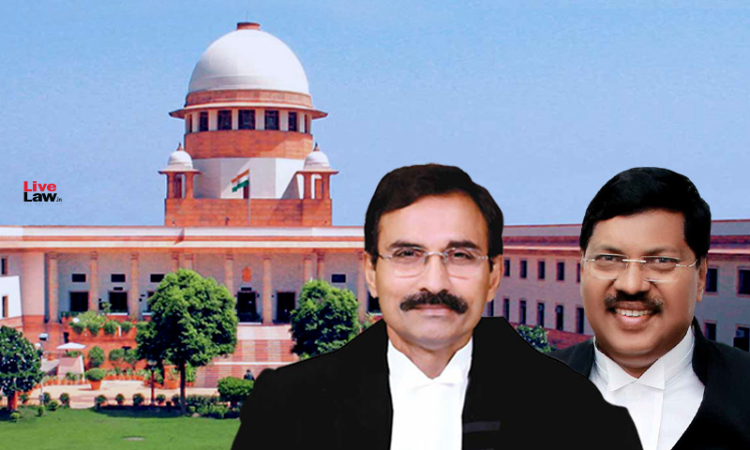Persuade Judicial Officers Having Good Track Record To Withdraw Resignation : Supreme Court To HCs
LIVELAW NEWS NETWORK
10 Feb 2022 6:11 PM IST

Next Story
10 Feb 2022 6:11 PM IST
The Supreme Court endorsed the practice followed by some High Courts of persuading a Judicial Officer having good track record to withdraw the resignation tendered by him/her."Losing a good Judicial Officer without counselling him/her and without giving him/her an opportunity to introspect and rethink, will not be in the interest of either the Judicial Officer or the Judiciary", the...
